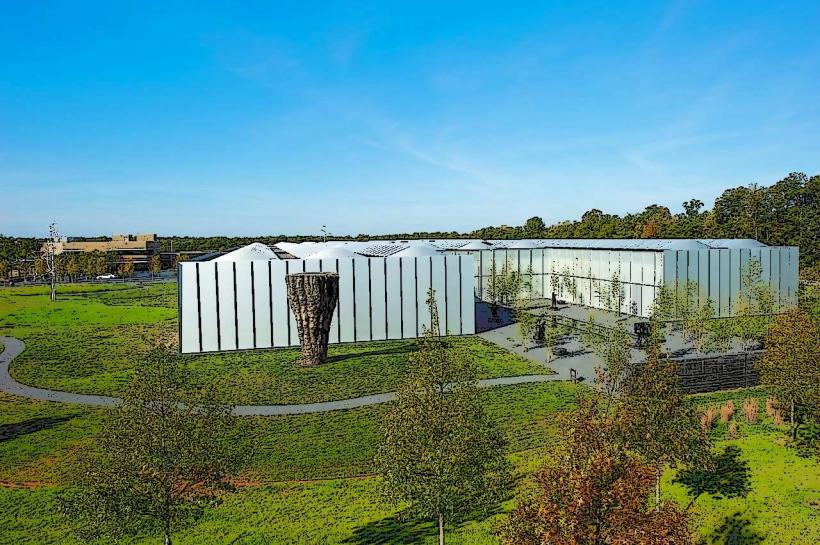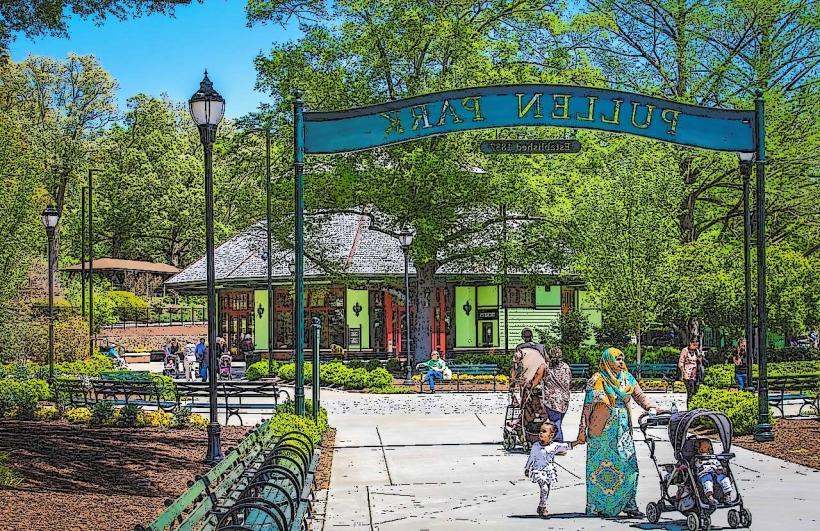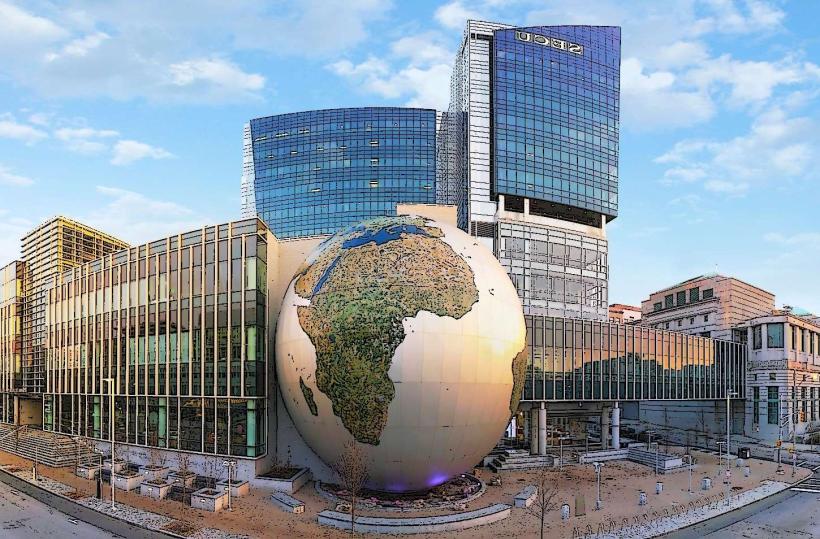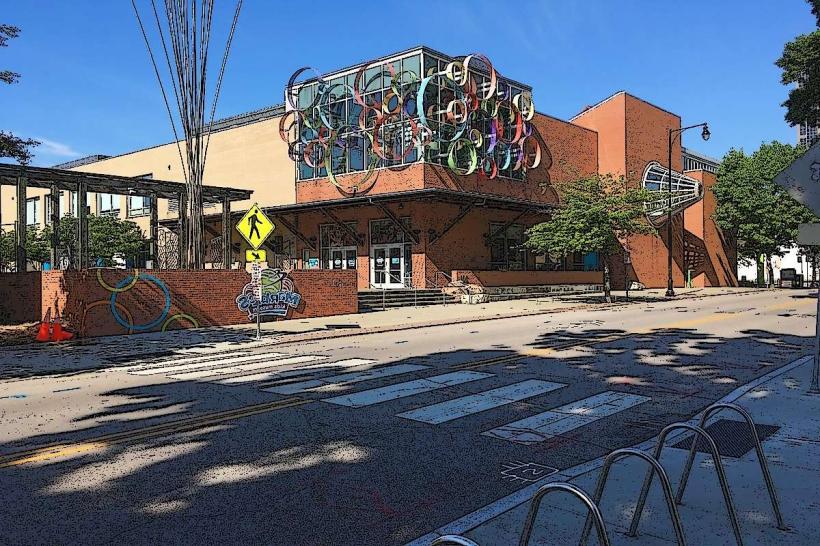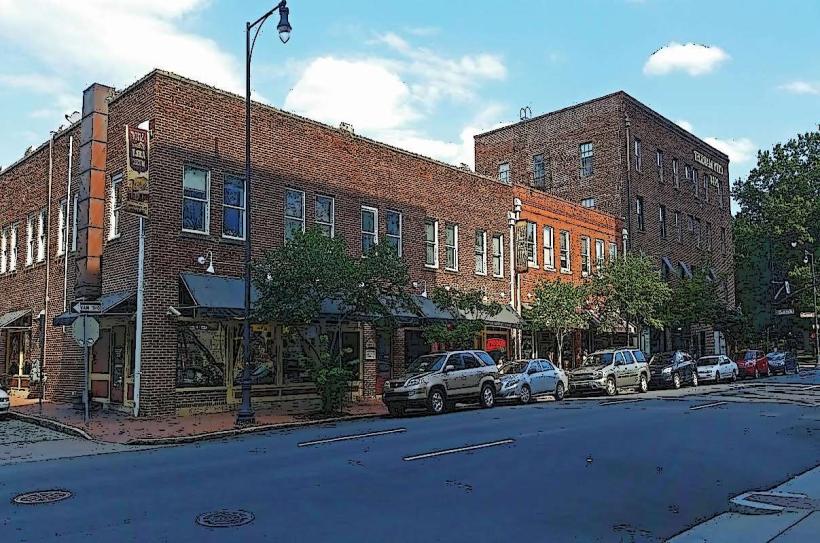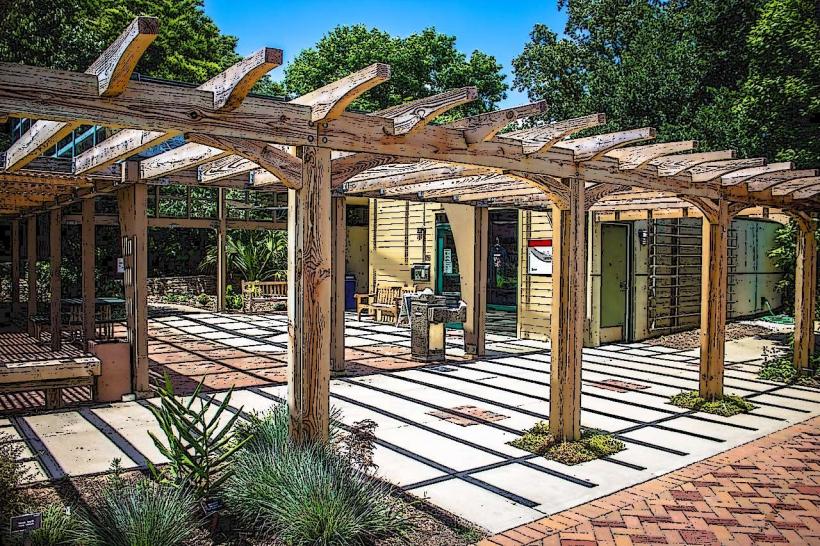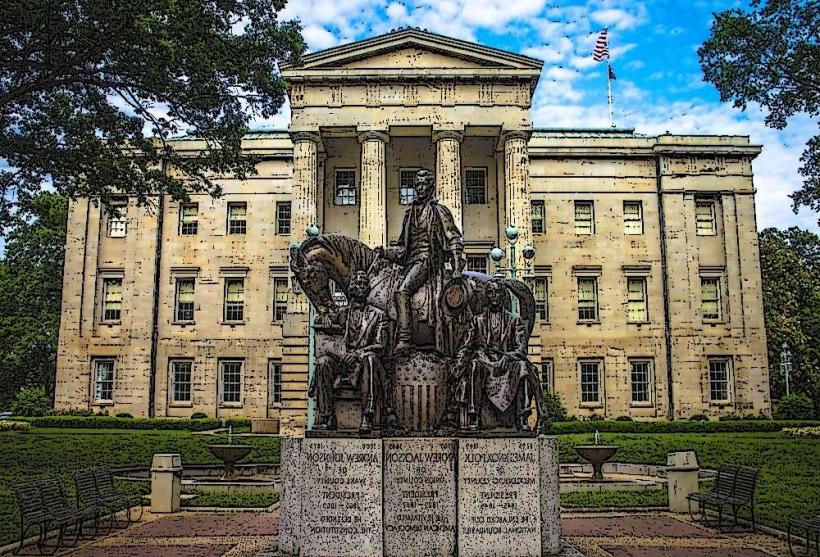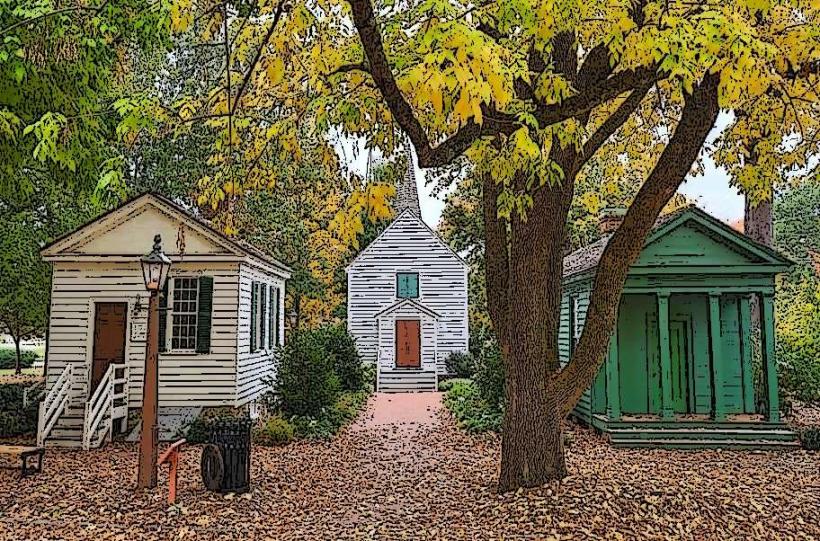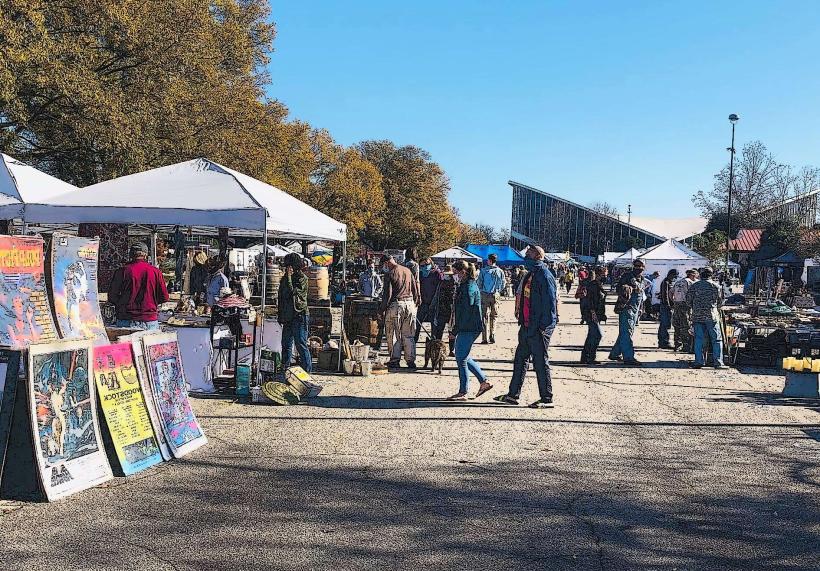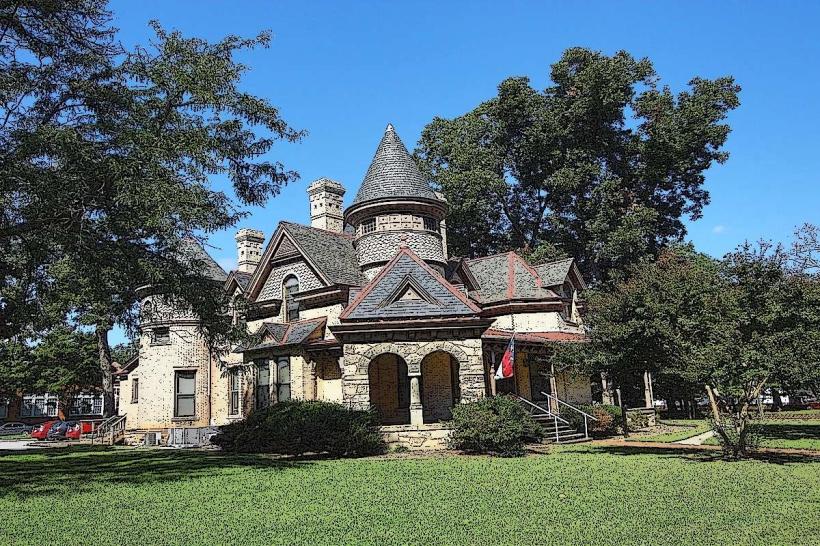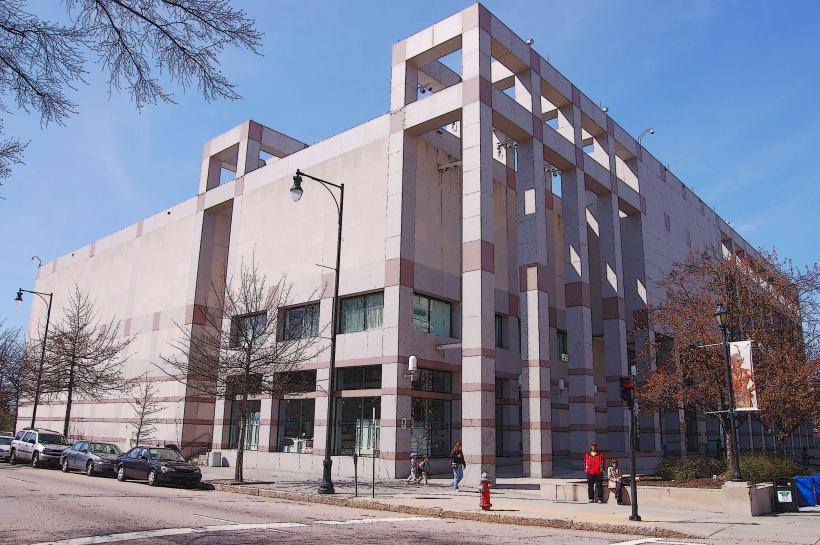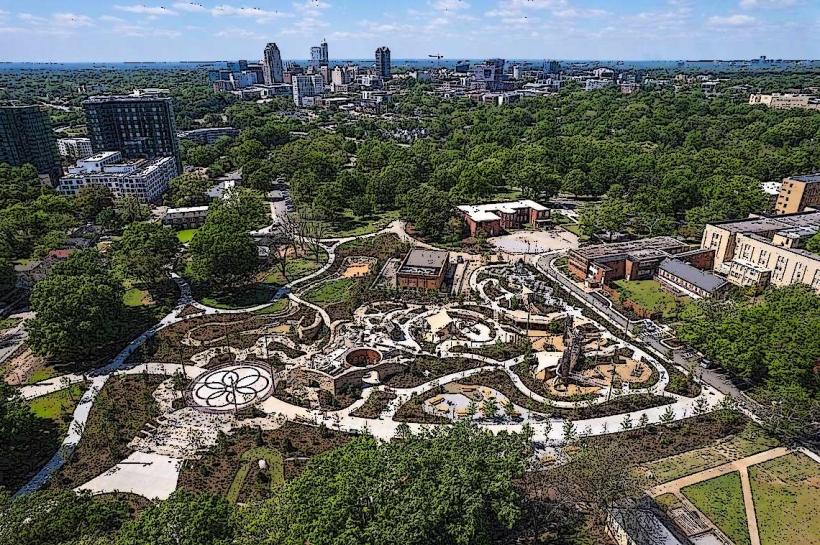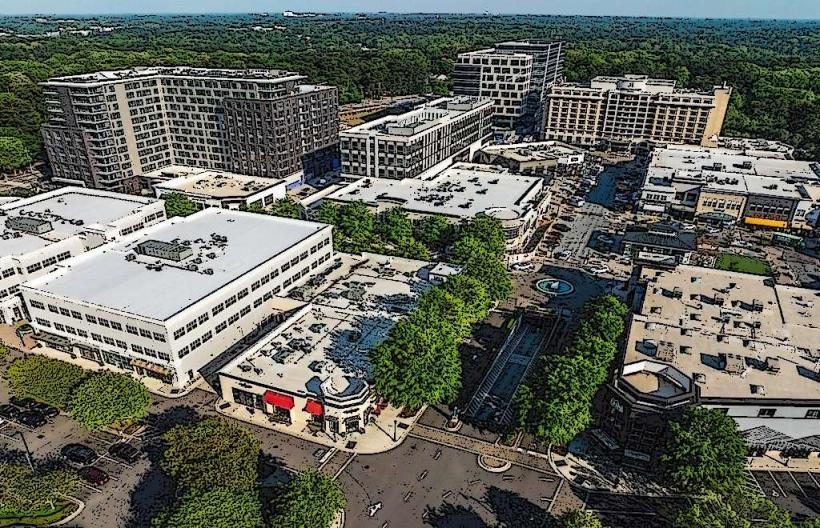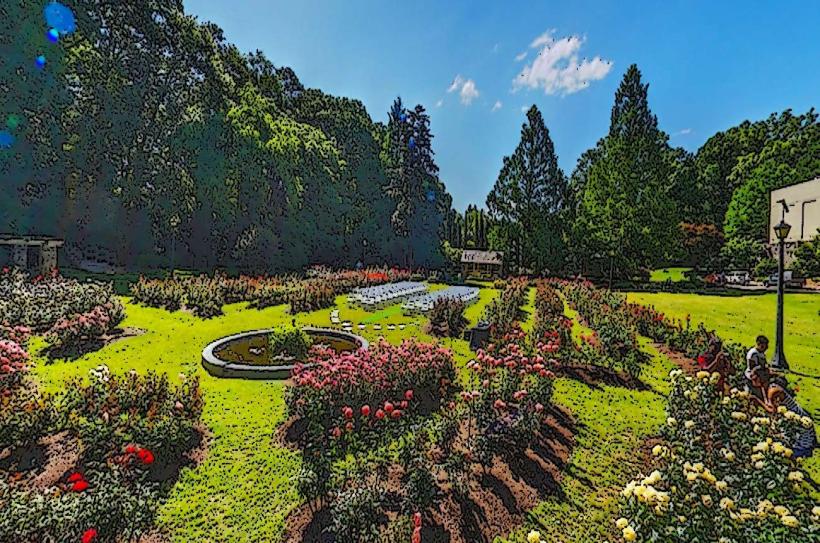Information
City: RaleighCountry: USA North Carolina
Continent: North America
Raleigh, USA North Carolina, North America
Raleigh serves as the state capital of North Carolina and the county seat of Wake County. It is the second-largest city in the state and forms one corner of the Research Triangle, along with Durham and Chapel Hill.
Historical Timeline
Raleigh was established in 1792 specifically to serve as the state capital, named after Sir Walter Raleigh. Primary governance eras include its role as a 19th-century administrative and legislative center, its gradual 20th-century expansion as an educational hub, and its explosive late-20th-century growth following the 1959 opening of the Research Triangle Park (RTP). This development transitioned the city from a regional capital into a global center for biotechnology and information technology.
Demographics & Population
The population within city limits is approximately 470,000, with a metropolitan area exceeding 1.4 million. The demographics are White (52%), Black or African American (28%), Hispanic or Latino (11%), and Asian (5%). The median age is 34.3 years.
Urban Layout & Key Districts
The city is organized on a grid system focused on Fayetteville Street and the State Capitol. Downtown is the center for government, the Warehouse District (arts and tech), and Glenwood South (nightlife). North Hills serves as a "midtown" high-density retail and residential hub. University Park is defined by North Carolina State University. Oakwood is a preserved 19th-century historic residential district.
Top City Landmarks
North Carolina Museum of Natural Sciences
North Carolina Museum of Art (and its 164-acre park)
Pullen Park (One of the oldest amusement parks in the U.S.)
James B. Hunt Jr. Library (Advanced architectural/robotic landmark)
Transportation Network
Movement is serviced by GoRaleigh (bus) and GoTriangle (regional transit). Raleigh-Durham International Airport (RDU) provides extensive domestic and international connections. Raleigh Union Station is a major stop for Amtrak’s Silver Star, Carolinian, and Piedmont lines. Ride-sharing via Uber and Lyft is the primary motorized transit. Traffic density is high, with significant congestion on I-40, I-440 (the "Beltline"), and I-540.
Safety & "Red Zones"
The general safety level is high. Caution is advised at night in specific areas of the Southeast quadrant and neighborhoods bordering New Bern Avenue, which experience higher rates of property crime. Common scams include fraudulent apartment listings and aggressive panhandling in the Glenwood South entertainment district.
Digital & Financial Infrastructure
Internet speeds average 350 Mbps with near-universal fiber-optic availability via Google Fiber, AT&T, and Spectrum. Main mobile carriers are Verizon, AT&T, and T-Mobile. Card and mobile payment acceptance is universal. ATMs are ubiquitous, particularly in First Citizens Bank and Truist branches.
Climate & Air Quality
Temperatures range from 0°C to 11°C in winter and 21°C to 32°C in summer. Air quality is moderate, often affected by heavy pollen counts in spring. Specific weather risks include severe thunderstorms and infrequent but disruptive snow or ice events that halt local transit.
Culture & Social Norms
The standard tipping percentage is 18–25%. A handshake is the standard greeting. Dress codes are diverse, with "Tech-Casual" dominant in North Raleigh and RTP. Smoking is prohibited in all public indoor spaces. The city has a deep-seated collegiate culture due to "The Big Three" universities (NCSU, Duke, UNC-Chapel Hill).
Accommodation Zones
Downtown: Recommended for walking access to museums, the Capitol, and the Warehouse District.
North Hills: Recommended for upscale retail, modern hotels, and ease of highway access.
Local Cost Index
1 Espresso: $4.75 (USD)
1 Standard Lunch: $18.00 (USD)
1 Bus Fare: $1.25 (USD) (Note: Many routes currently operate fare-free or at reduced rates).
Nearby Day Trips
Research Triangle Park (20 km)
Durham / Duke University (40 km)
Chapel Hill / UNC (45 km)
Jordan Lake State Recreation Area (35 km)
Facts & Legends
Raleigh is known as the "City of Oaks" for its extensive tree canopy. Historically, it is the birthplace of Andrew Johnson, the 17th U.S. President. A local legend involves the "Crybaby Lane" in the Dorothea Dix Park area, where locals claim to hear spectral screams and smell smoke following a tragic 1958 orphanage fire nearby.

